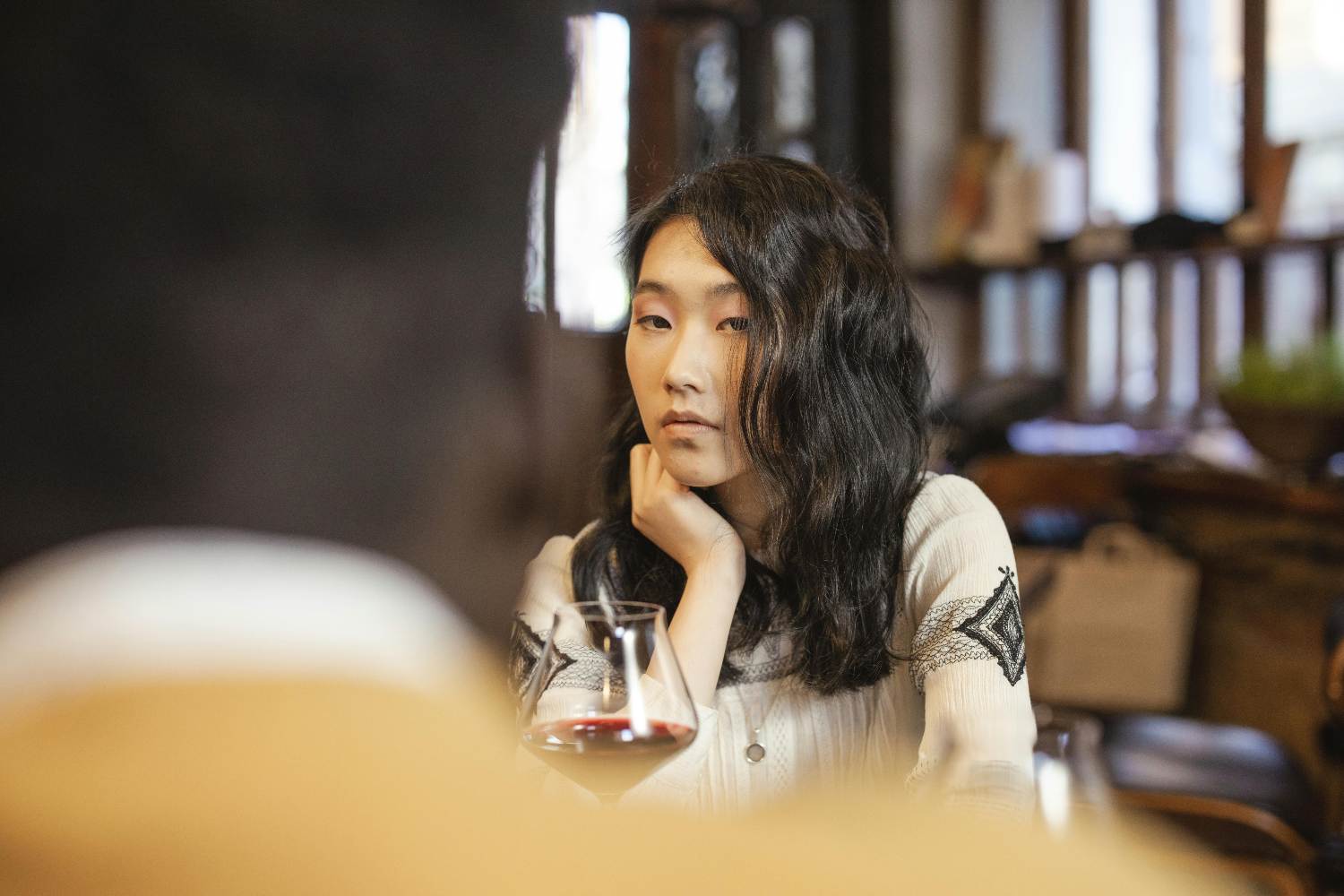Crying Cafés in Japan challenge emotional restraint, offering safe spaces to cry. From bars to hotel rooms, vulnerability here becomes a ritual of release and resilience.

@cottonbro studio/Pexels
In Japan, Crying Cafés are quietly spreading, becoming sanctuaries for those who want to let go without the weight of judgment. In a society where emotional restraint is often the rule, these cafés flip the script, presenting tears not as weakness but as an essential part of self-care.
From tokyo to quiet corners of vulnerability
The idea has caught on in Tokyo and beyond. These are not trendy lounges with dimmed lights and obligatory smiles. Here, the only ticket to enter is your own fragility.
The first place to open its doors was Bar Mori Ouchi, launched in 2020. At the entrance, a blunt sign greets visitors: “Negative people only.” It sets the tone right away—this is not where you put on a happy face, but where sadness is given space. There’s just one rule: order at least one drink, perhaps a cocktail. Food is up to you; there’s no menu, and customers are free to bring their own snacks from home.
From rui katsu to crying rooms
The rise of Crying Cafés is intertwined with rui katsu, a Japanese practice of collective crying sessions. These rituals, sometimes even organized in workplaces, are meant to lower stress and provide emotional release.
Hotels have followed the same current. The best-known example is the Mitsui Garden Yotsuya in Tokyo, where for about 65 dollars (60 euro) a night, female guests can spend time in a cozy space designed to trigger tears. The room comes with carefully selected films meant to stir emotions, tissues at hand, and modern comforts to make the experience as personal as possible.
A cultural response to social stress
Crying Cafés also embody a cultural reaction to the intense pressure of Japanese urban life. Women, in particular, are often expected to maintain an image of composure at all costs. These spaces allow them to break that mold. Paradoxically, embracing vulnerability here becomes an act of strength and awareness.
Whether Crying Cafés will take root outside Japan is still uncertain. In Italy, for example, cafés remain synonymous with laughter, clinking glasses, and chatter rather than tears. Yet, the notion of normalizing sadness might resonate more widely in societies increasingly marked by stress and anxiety. After all, giving yourself permission to cry—just once in a while—can be a small but powerful form of mental self-care.
